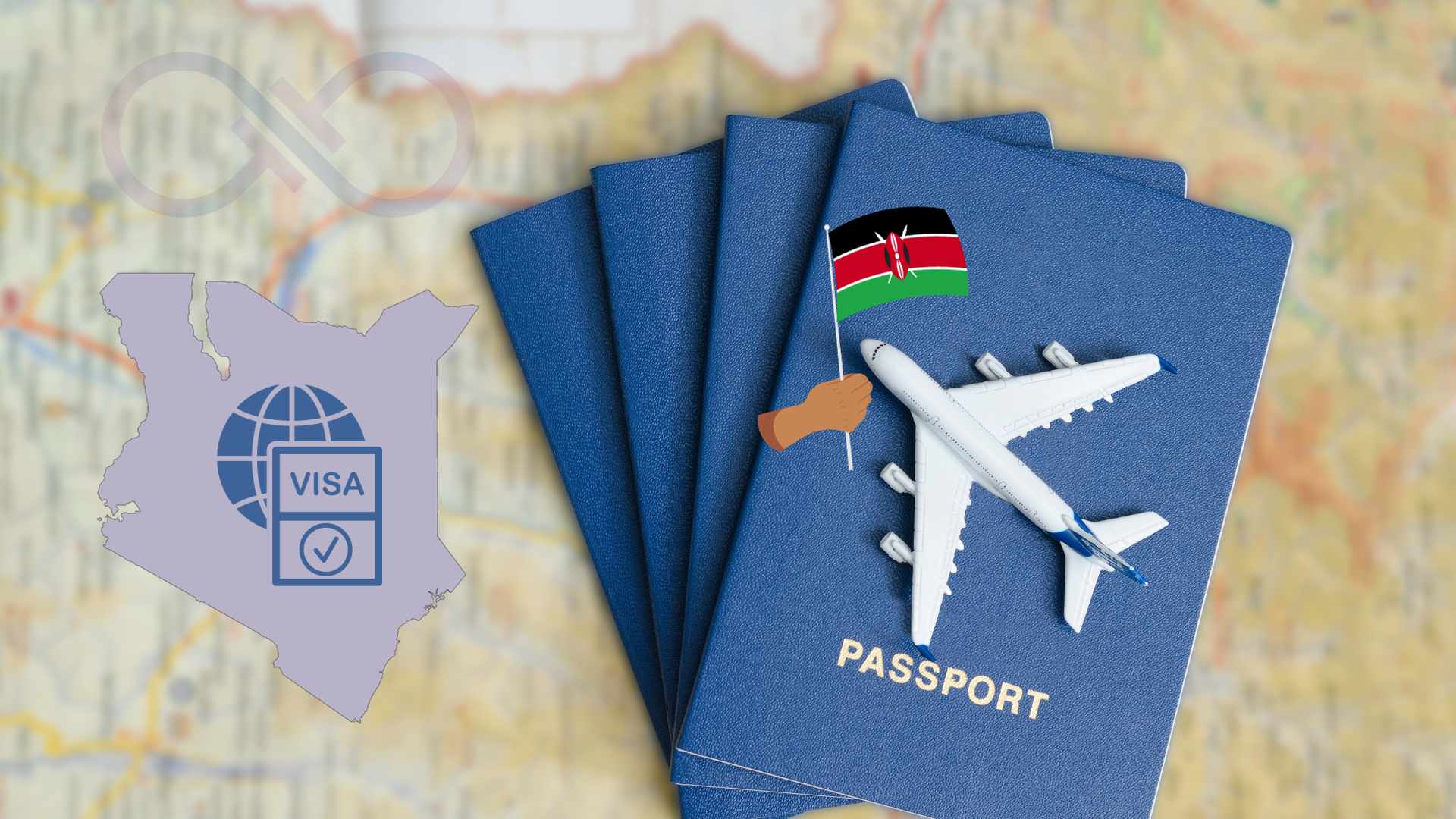Kenya has taken a historic step by abolishing visa requirements for citizens of nearly all African and most Caribbean countries, a move set to transform regional travel, tourism and economic ties. This landmark policy officially came into effect in July 2025 after a Cabinet decision announced in January 2025, and it positions Kenya as a continental hub for business, leisure and cultural exchange.
The revised immigration framework delivers several notable changes:
All African countries except Libya and Somalia are now exempt from visa requirements. Travellers from eligible nations can arrive at Kenyan borders without submitting Electronic Travel Authorization (eTA) applications, filling lengthy forms or paying visa fees.
Most Caribbean nations—including Barbados, Belize, Jamaica and Trinidad and Tobago—are also covered by the visa waiver. While different outlets reference “most Caribbean countries” collectively, specific lists vary and travellers should verify eligibility ahead of travel.
Non-African nationals seeking an eTA will benefit from real-time approvals or a maximum processing time of 72 hours, depending on system capacity.
Kenya launched its eTA system in January 2024 to streamline entry by shifting tourist visa fees from US $50 to US $30. However, it still required applications at least three days before travel, undermining spontaneity and burdening family visits and small traders. Many perceived the eTA as “a visa under another name,” contradicting earlier promises of “visa-free” access and creating confusion among continental travellers. The new policy directly addresses these shortcomings by eliminating pre-arrival authorizations for most African visitors.
By dismantling one of its remaining travel barriers, Kenya aligns with the African Continental Free Trade Area (AfCFTA) objective of seamless intra-continental mobility. Anticipated benefits include:
Tourism Growth
– Increased arrivals at wildlife parks, beaches and cultural festivals.
– Additional revenue streams for hospitality, transport and local enterprises.
Trade and Business Expansion
– Easier cross-border movement for traders in produce, textiles and services.
– Streamlined planning for conferences, academic exchanges and research collaborations.
Regional Leadership
– Solidifies Kenya’s role as a frontrunner in open skies and pan-African integration initiatives.
– Strengthens diplomatic and economic ties with fellow African and Caribbean states.
Kenya’s exclusion of Libya and Somalia arises from ongoing security challenges in those regions. The Cabinet has pledged to reassess these exclusions if conditions stabilize. Meanwhile, the government will roll out an advanced passenger information system to balance openness with robust pre-screening and border security measures.
While the policy overhaul removes bureaucratic hurdles, Kenya must ensure its immigration infrastructure can handle increased traffic. Key areas for improvement include:
Kenya’s visa-free initiative marks a bold commitment to African unity and global connectivity. By coupling progressive immigration policies with modern border management, the country can set a template for other African nations balancing openness with security. As implementation advances, the full impact will become clear in tourism figures, trade flows and strengthened continental relations.
Your email address will not be published.
This site uses Akismet to reduce spam. Learn how your comment data is processed.



![Read more about the article 19 Benefits of the Southwest Rapid Rewards Priority Credit Card [2025] – Upgraded Points](https://breathtakinglagoon.com/wp-content/uploads/2025/02/wp-header-logo-304-300x225.png)
